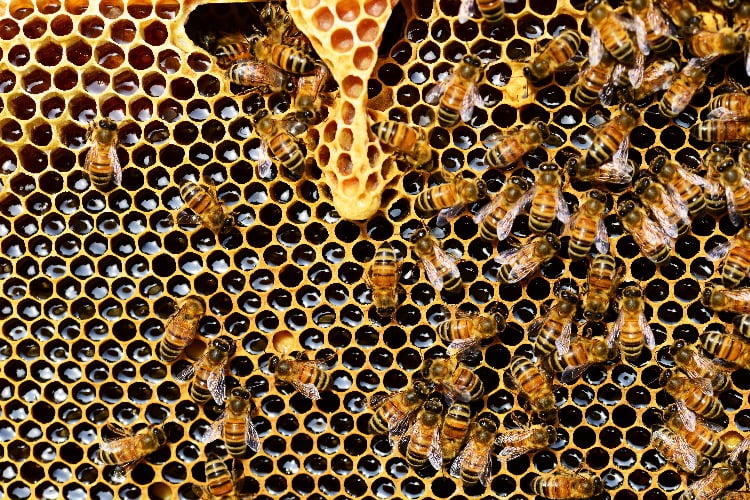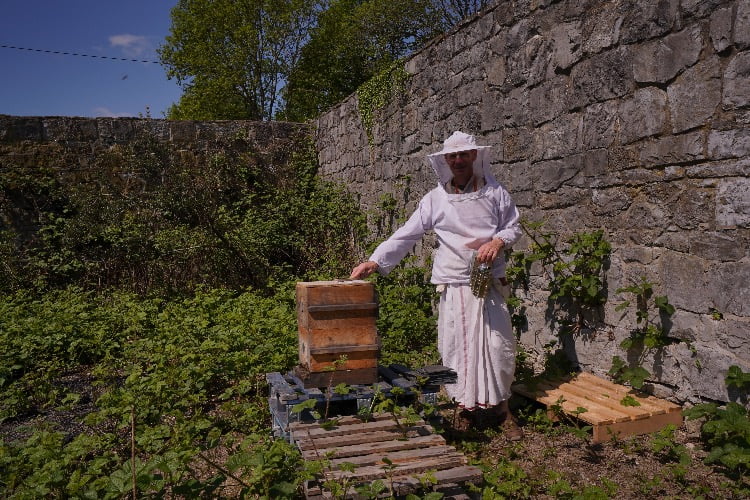Radhadesh strengthens sustainability initiatives with beehives and electric car charger
By Chandni Raj | Jun 03, 2023

Photo courtesy of Pixabay.
The Radhadesh community has restarted its community beehive project and has installed a new electric car charger to encourage sustainable transportation. These two projects are part of its overall environmental initiatives, a pillar of the community’s key vision. In particular, beekeeping is part of its plan to enhance biodiversity on the expansive property. The electric car charger is the community’s first step towards low-carbon mobility. The village generates 40 percent of its electricity from solar panels; hence, part of the cars charged will run on solar electricity.
“We encourage both the resident devotees and visitors to use the charger. This is an important endeavor in transitioning towards independence from fossil fuels. Reducing emissions and self-reliance are not optional but critical in the face of climate change. Hence, we are keen to implement and expand them,” said Ekacakra Das, president of Radhadesh. “We are interested in shifting towards alternative energy in all areas of life. Unfortunately, we cannot install more solar panels owing to lack of space; however, we are contemplating installing a combined heat and power system in the future to achieve self-reliance in electricity,” he added.

Yaduvansha Dasa, the beekeeper with the beehive.
The village has set up three beehives expected to supply close to 30 kilograms of honey annually and be extracted by the end of August. The project commenced three years back and was successful; however, a predator attack last year destroyed the hives. Hence, it has been relaunched, and precautionary measures have been adopted to protect bees. A trap has been set to capture predatory insects and prevent attacks on their bees.
“With the bee population in the world in decline, such projects are critical for maintaining biodiversity. Bees help pollinate our vegetable, fruit, and flower gardens and thus help enhance the natural ecosystem,” explained Yaduvansa Dasa, the beekeeper. “The bee population is adversely affected by the use of pesticides and cell phones. Hence, a rural setting like Radhadesh with abundant green areas is very conducive to beekeeping,” he added. A beekeeper friend of the devotees donated some of the bees, and the balance was captured naturally. Part of the honey is used for deities, and the rest is sold. About 30 candles were produced using beeswax collected last year, which devotees purchased. A small amount of propolis that was produced has been retained to make medicines. The beekeeper is following a course in beekeeping offered by the government and plans to increase the project to five beehives next year.
The Radhadesh community is self-sufficient in water and heating and has several other plans to build a self-reliant village. This includes a project for sourcing all the wood for heating from its forests using dead felled timber and employing bulls to transport them. The village has a permaculture garden comprising several units, and one unit is expected to feed ten people annually in a few years. There are also plans to expand the goshala and thereby increase milk production.
To learn more about Radhadesh’s sustainability and self-reliance initiatives, please visit www.radhadesh.com














